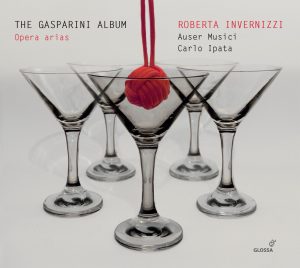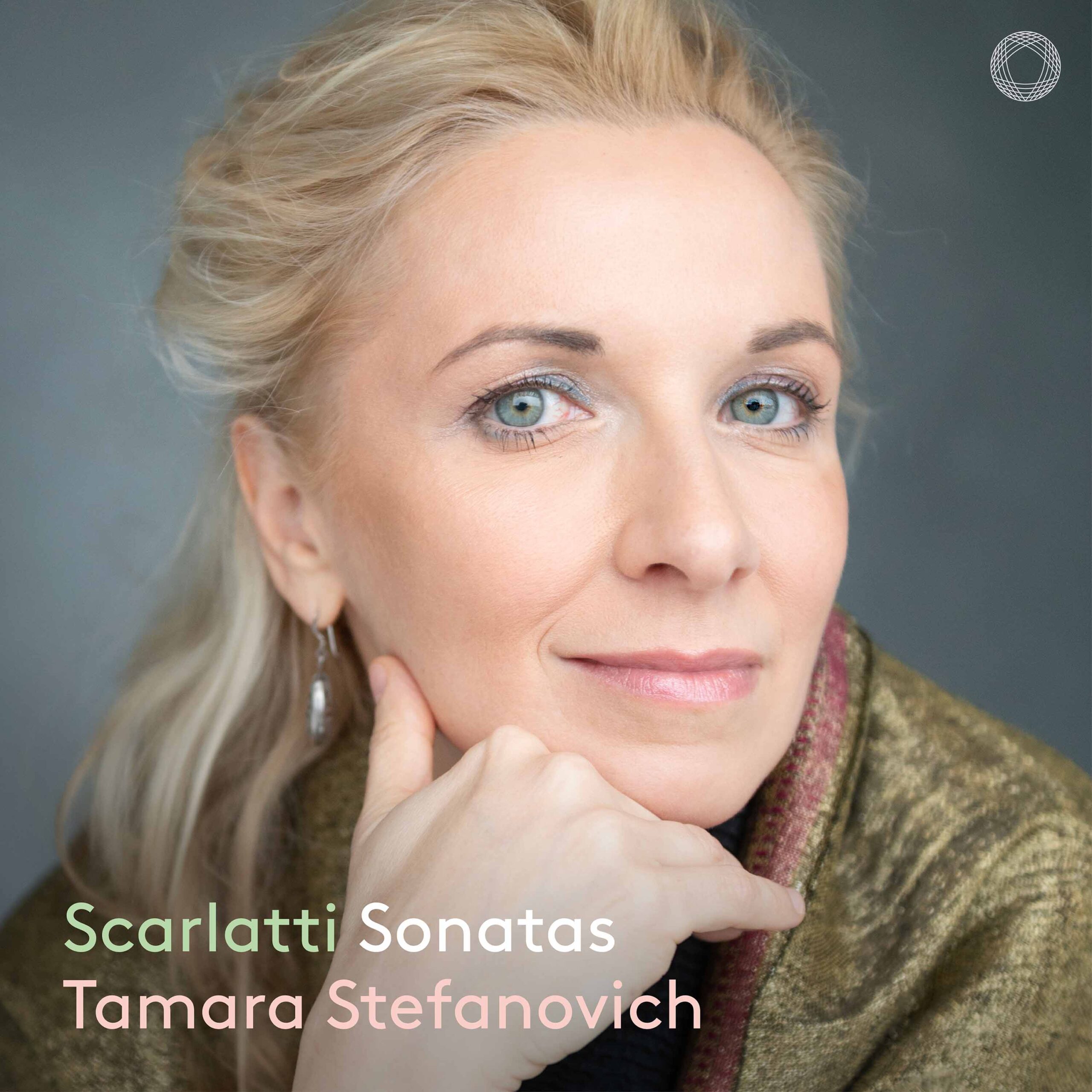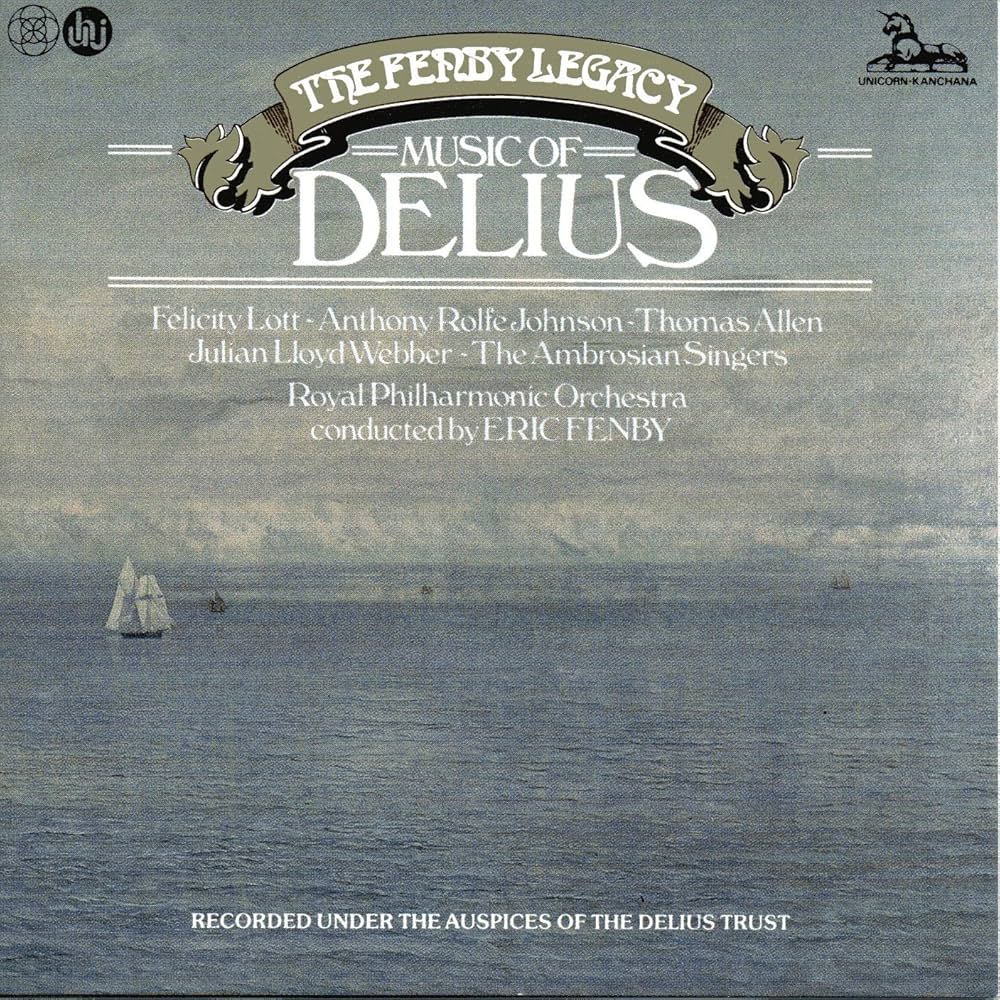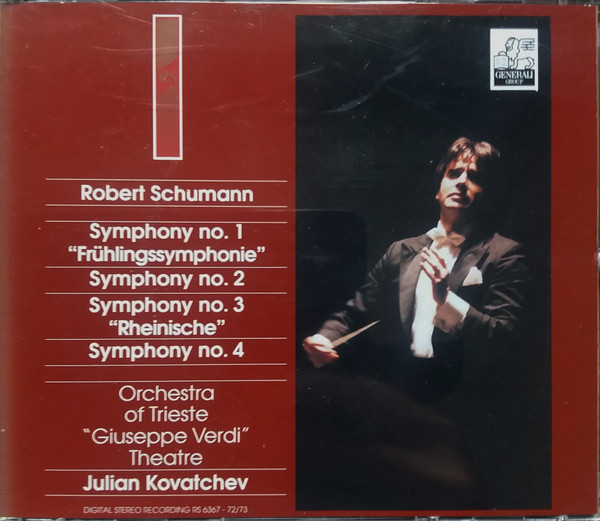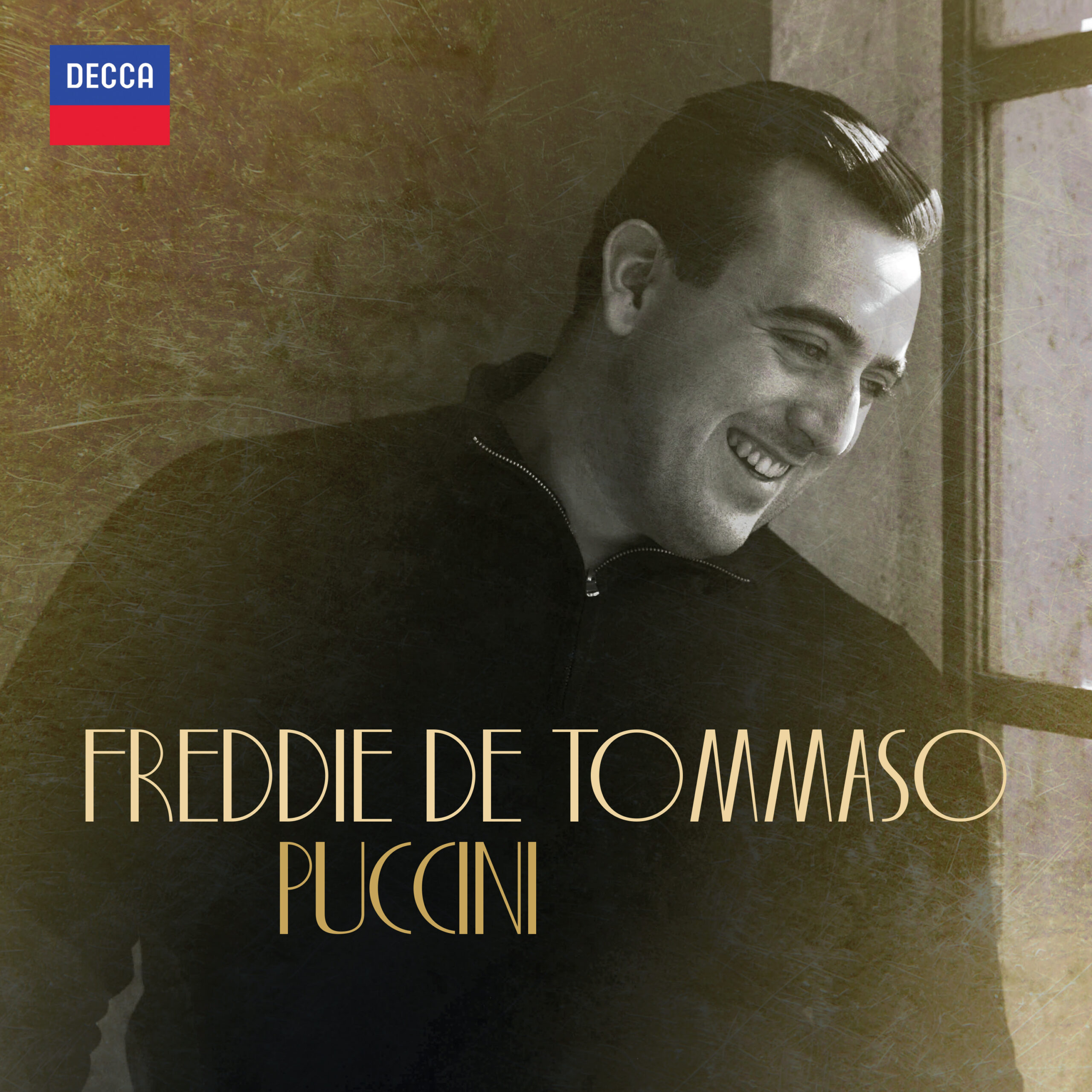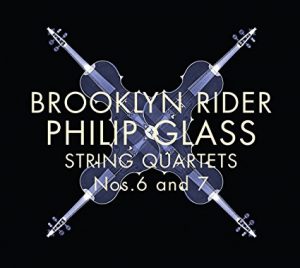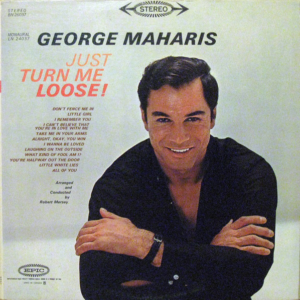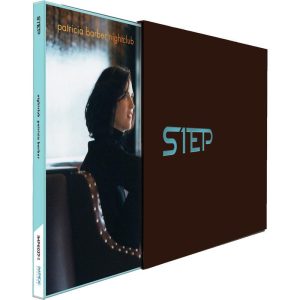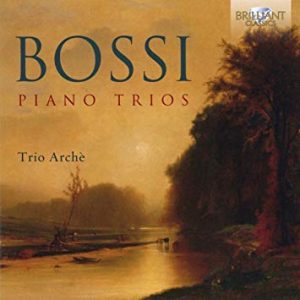Roberta Invernizzi, soprano; Auser Musici/Carlo Ipata. Glossa GCD 922905. TT: 59.30. Astianatte: Se la Grecia s'armerà. L'oracolo del Fato: Qui ti scrivo o nome amato; Se non canti più per me. Il Ciro: Nell'orror della procella. Bajazette: Par che mi nasca in seno. Sinfonia. Il Tamerlano: Svena uccidi; Cor di padre. Santa Eufrosina: Qui dal porto. Amleto: D'ire armato. Cantata Andate o miei sospiri. Concerto for Flute. Il Roderigo: Non ha incendio; Non vo lasciarti più. Atalia: Ombre care. Downloads: Amazon.com (mp3); hdtracks.com (AIFF, ALAC, FLAC, WAV); prestomusic.com (mp3, FLAC)
The title of this album, as if celebrating a long-awaited epiphany, sounds like a put-on, on the order of Columbia's "Saint-Saëns'[s] Greatest Hits" back in the '60s. But this is no joke; for conductor Carlo Ipata, who contributes an informative program note, it's truly a labor of love.
The program is dominated by arias—logically, since Gasparini "composed over sixty operas, numerous oratorios, and cantatas," according to Ipata's program note. The Allegros are bright and spirited, and often bracingly attacked; the slower pieces are spacious, or light and airy in texture, as with the strings and oboe in Cor di padre. The music is certainly pleasing while it's chugging along or spinning forth, but only a general impression of its mood lingers in the mind afterwards. As with numerous other second-tier Italian Baroque practitioners—pretty much everyone but Vivaldi —Gasparini's melodies as such aren't particularly memorable.
The three brief pieces that close the program are true curiosities. Two arias from Il Roderigo are so short, at 1.27 and 2.07 respectively, that they don't register as indepedent pieces—I mistook them for introductory sections of the last selection, Ombre care, from the oratorio Atalia. The strings introduce that last with a solemn, French-overture-like invocation, after which the soloist intones a phrase of unaccompanied recitative. In the ensuing series of short, mostly agitated episodes, the writing shifts from recitative to arioso but never quite becomes a full-fledged aria. Oddly, the piece is never rounded off: it just stops, unsatisfyingly.
Roberta Invernizzi, the soprano soloist, sings the arias with a clear timbre and alert rhythm. Her flexibility, however, comes and goes. Her trill is good, and she's fine in the simpler scales, but her aspirates in the more elaborate patterns can leave her sounding flustered: the triplets in Se la Grecia s'armerà verge on parody. (The embellishments on repeats, presumably devised by Ipata, range from simple melodic "fills" to full-scale repointings, almost recompositions.) She also has the Early Musicke-derived habit of starting sustained tones "straight" and then letting the vibrato come in. She's reliably in tune—save in a brief patch of the cantata, Andate o miei sospiri—but the voice is incomparably more attractive when it vibrates.
From the opening notes, we know that Auser Musici isn't one of those scrawny-sounding "period" ensembles. The first thing you hear is a high Baroque trumpet, startlingly present, playing obbligato above a comparatively hefty-sounding chamber orchestra—I felt like I'd been dropped into the middle of the Second Brandenburg. The long recorded acoustic, no doubt, further enhances the sense of tonal weight. My only complaint is the pennywhistle sound of the obbligato recorder in Se non canti più per me.
Two instrumental scores are interspersed among the vocals. The brief Sinfonia is, essentially, a tripartite opera overture. Running violin figures keep the first movement active; harpsichord fillers keep the central slow movement perhaps overly busy; and the closing gigue could be more strongly accented and weighted.
Ipata himself takes on the solo role in the Flute Concerto: his tone is diffuse at the bottom, but becomes clear above the staff. The passagework in the outer movements is deft and shapely, while Ipata maintains the spacious repose of the central Siciliana even through the cool, collected upward octave leaps.
Stephen Francis Vasta is Principal Conductor of Lighthouse Opera in New York (lighthouseopera.org)




